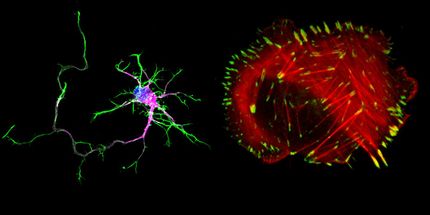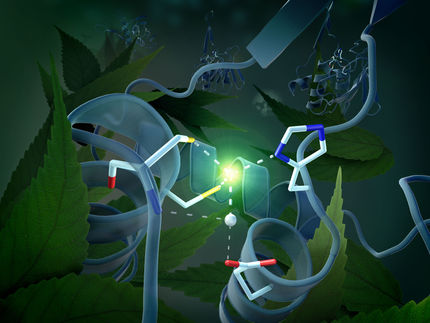Impending Patent Expiries of Blockbuster Biologics Creates Huge Market Opportunity for European Biosimilars Manufacturers, States Frost & Sullivan
Seamlessly Integrated R&D, Production, Sales and Marketing Processes to Ensure Success in this High Growth Market
Advertisement
The biosimilars manufacturing industry is at a nascent stage. However, the impending patent expiries of biologics are anticipated to result in the introduction of several new biosimilars and provide impetus to market development.
New analysis from Frost & Sullivan, Analysis of European Biosimilars Market, finds that the market earned revenue of approximately $172.0 million in 2010 and estimates this to reach approximately $3,987.0 million in 2017, at a compound annual growth rate (CAGR) of 56.7% from 2010 to 2017. This study covers the existing biosimilars segments (erythropoietin, granulocyte colony stimulating factors and human growth hormones) and emerging biosimilars segments (monoclonal antibodies, insulin and interferon - alpha and beta).
“The expiration of patents and other intellectual property rights of biological innovators over the next decade opens up opportunities for biosimilars to enter the market and increase industry competition,” notes Frost & Sullivan Research Analyst Srinivas Sashidhar. “Price reduction strategies will ensure increased adoption among physicians and patients alike, spurring market advancement.”
While the market offers lucrative growth prospects, the need for sizeable investments will pose a serious challenge to smaller firms. Complex production processes, expensive biological and chemical materials, and rigorous clinical trials as well as mandatory safety, efficacy, and quality tests require significant investments.
“The need for considerable financial outlays will hinder the entry of small biotech firms in particular,” cautions Sashidhar. “On the other hand, specialty pharmaceutical companies with biotech expertise and financial capabilities are well positioned to venture into the biosimilars market.”
High manufacturing costs are another major market entry barrier. However, there are viable prospects for licensing agreements between companies.
The uncertainties and risks for biosimilars manufacturers persist. Companies need to have strongly integrated research and development (R&D), production, sales and marketing processes to ensure market success.
“Access to sales and marketing capabilities can be achieved through collaborations between pharmaceutical companies and specialty biotech firms with technical expertise,” advises Sashidhar. “Companies can build sales and marketing capabilities in-house and ensure effective marketing support for the commercialisation of biosimilars.”
Effective sales communication to the scientific community, coupled with continuous promotional activities as well as close and constant interaction with doctors and pharmacists, will promote greater uptake of biosimilars.



















































